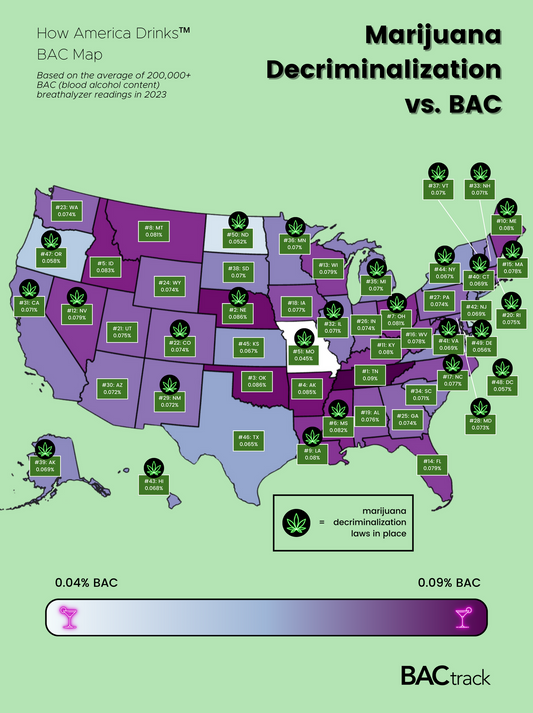Ask the DUI Expert: Should I Refuse the Roadside Breathalyzer Test?
Ask the DUI Expert: Should I Refuse the Roadside Breathalyzer Test?

This week, we ask Officer William Pelarenos: Should I refuse a breathalyzer on a roadside test?
Officer Pelarenos: You have the right to refuse all testing but sometimes that’s not a wise choice, especially if you are not intoxicated.
There are two breathalyzer tests, the preliminary breath test and the evidentiary breath test. The difference being that the preliminary breath test is pre-arrest screening and the evidentiary breath test is administered after you are arrested and read the Warning to Motorist.
My personal opinion is to comply with the Field Sobriety Tests. If you see that your BAC is .08 or above on the breathalyzer, then you know you are over the limit and can refuse the evidentiary breath test. The only time that you are forced to submit to chemical testing is when you are a suspected DUI driver and have been involved in a serious personal injury or fatal accident.
If you refuse the evidentiary breath test, that means that you have been arrested for DUI and the Officer has read your Warning To Motorist. A copy of the Illinois Warning To Motorist appears in my book DUIs Decoded, which states “If you refuse or fail to complete all chemical tests requested and if you are a first offender, your driving privileges will be suspended for a minimum or 12 months; or If you are not a first offender, your driving privileges will be suspended for a minimum of 3 years.”
So a refusal increases the suspension time of your driving privileges. But what effect will a refusal have at trial?
Basically, there are two trials for a DUI arrest. The first is the Summary Suspension Hearing for your driving privileges. This is where the refusal will more importantly come into play. The DUI trial is for the criminal aspect of the case and this is where you face penalties anywhere from a fine to community service to jail time. In this trial, a refusal just means that the state does not have a BAC level at which to place your level of intoxication.
This is the most basic answer to this question because the subject of DUI is a very complex and multifaceted issue. When I speak on the subject at seminars or speaking engagements I get deep into the subject.
Got a DUI question for Officer Pelarenos? Ask him at info@bactrack.com. The "Ask the DUI Expert" series does not constitute as legal advice.



